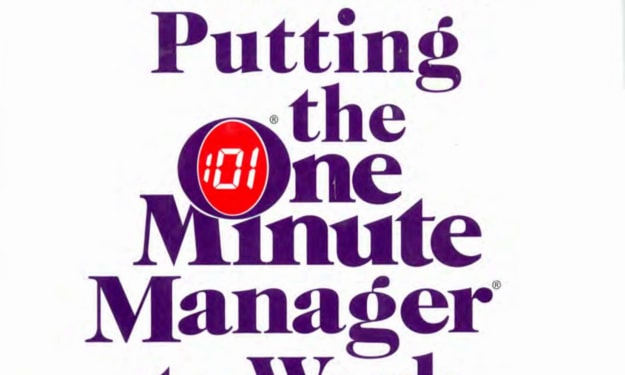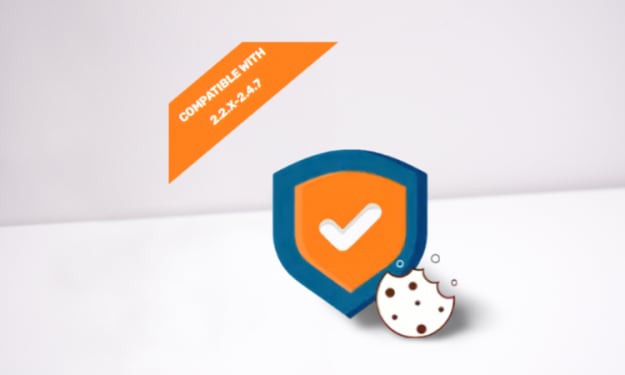Rich Dad Poor Dad
Rich Dad Poor Dad: What the Rich Teach Their Kids About Money That the Poor and Middle Class Do Not!

Rich Dad Poor Dad is Robert's story of growing up with two dads — his real father and the father of his best friend, his "rich dad" — and the ways in which both men shaped his thoughts about money and investing. The book explodes the myth that you need to earn a high income to be rich and explains the difference between working for money and having your money work for you.
Rich Dad Poor Dad
Rich Dad Poor Dad is a 1997 book written by Robert T. Kiyosaki and Sharon Lechter. It advocates the importance of financial literacy (financial education), financial independence and building wealth through investing in assets, real estate investing, starting and owning businesses, as well as increasing one's financial intelligence (financial IQ).
Rich Dad Poor Dad is written in the style of a set of parables, ostensibly based on Kiyosaki's life.The titular "rich dad" is his friend's father who accumulated wealth due to entrepreneurship and savvy investing, while the "poor dad" is claimed to be Kiyosaki's own father who he says worked hard all his life but never obtained financial security.
The existence of Kiyosaki's "Rich Dad" remains unproven, and there is no documentation on Kiyosaki's alleged vast reserves of wealth earned before Rich Dad Poor Dad was published.
Reception
Praise and support
Rich Dad Poor Dad has sold over 32 million copies in more than 51 languages across more than 109 countries, been on the New York Times bestsellers list for over six years, launched a series of books and related products; and received positive reviews from some critics. American talk show host and media mogul Oprah Winfrey endorsed the book on her show. Another celebrity supporter is actor Will Smith, who said he taught his son about financial independence by reading the book. PBS Public Television station KOCE aired a 55-minute presentation of Kiyosaki titled "A Guide to Wealth" in 2006, which essentially summarises his Rich Dad Poor Dad book. PBS also honored him with an excellence in education award in 2005. Donald Trump did a literary collaboration with Kiyosaki in 2006 called Why We Want You to Be Rich, Two Men One Message, and a second book called Midas Touch: Why Some Entrepreneurs Get Rich — And Why Most Don't in 2011.
American fashion entrepreneur and investor Daymond John has called the book one of his favorites.[9]
Criticism
A competing financial self-help writer, John T. Reed, says, "Rich Dad, Poor Dad contains much wrong advice, much bad advice, and virtually no good advice." He also states, "Rich Dad, Poor Dad is one of the dumbest financial advice books I have ever read. It contains many factual errors and numerous extremely unlikely accounts of events that supposedly occurred."[10]
Slate reviewer Rob Walker called the book full of nonsense, and said that Kiyosaki's claims were often vague, the narrative "fablelike", and that much of the book was "self-help boilerplate", noting the predictable common features of such books were present in Rich Dad, Poor Dad. He also criticizes Kiyosaki's conclusions about Americans, American culture, and Kiyosaki's methods.[1]
Publishing success
The book was originally self-published in 1997 before being picked up commercially to become a New York Times bestseller. It has since sold over 32 million copies and become a household name.[11] In his audio-book Choose to be Rich, Kiyosaki said that every publisher turned him down, and Barnes & Noble refused to stock the book initially. He places his focus upon talk shows and radio show appearances, of which The Oprah Winfrey Show had the biggest influence on book sales.[12] In April 2017 a 20th Anniversary edition was published and in a preface to this 20th Anniversary edition Kiyosaki asserts that an estimated 40 million copies of the book had been sold globally.[13]
About the Creator
Enjoyed the story? Support the Creator.
Subscribe for free to receive all their stories in your feed. You could also pledge your support or give them a one-off tip, letting them know you appreciate their work.





Comments
There are no comments for this story
Be the first to respond and start the conversation.